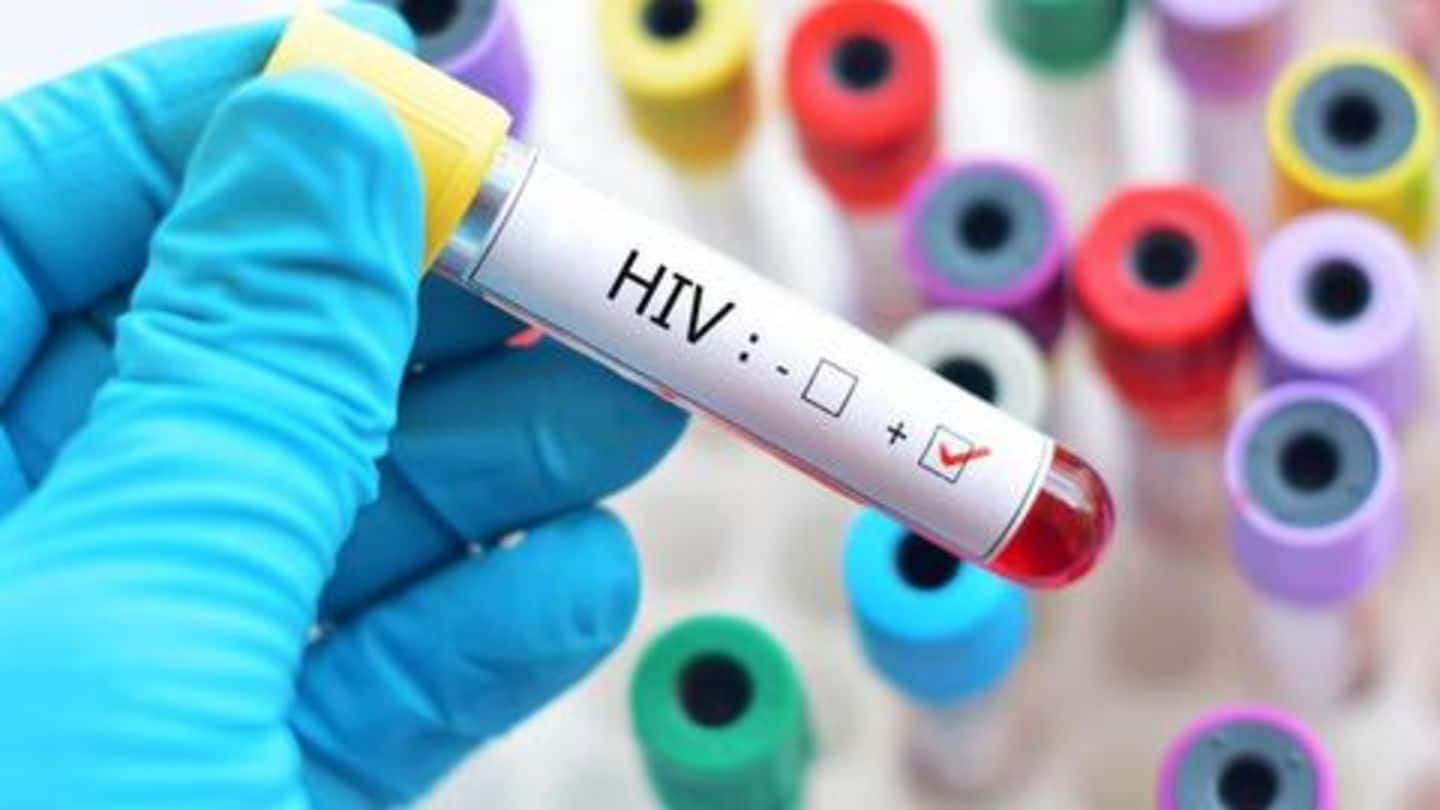
London man becomes second patient to be cured of HIV
What's the story
In a major breakthrough, a London-based patient became the second person to be cured of the AIDS virus. He went through a bone marrow transplant from a donor resistant to HIV and there is no trace of the infection yet. However, doctors cautioned it's too soon to conclude the patient is totally fine. Nearly a decade ago, an American citizen underwent a similar procedure.
Case
Patient had been fighting disease since 2003
The patient tested HIV positive in 2003. In 2012, he was diagnosed with Hodgkin's Lymphoma, a type of blood cancer. The donor was unrelated and had CCR5 delta 32, a genetic mutation which resists the deadly virus. The team of doctors working on his case decided to seek a transplant match as it was the patient's last chance of survival.
Unique case
Nearly 37 million people are affected by HIV
Almost 37 million people around the world suffer from HIV and nearly 35 million have died due to AIDS since the 1980s. With the help of modern medicine, researchers have been successful at keeping the virus infection at bay. But finding a cure hasn't been easy. For this unique case, scientists tried to duplicate the result of the first successful operation, 12 years ago.
Quote
Too soon to say he is cured: HIV biologist
Speaking about the case's success, Ravindra Gupta, a professor, and HIV biologist who was part of the team of doctors said, "The patient is functionally cured and in remission but it's too early to say he's cured."
Berlin Patient
Who was the first man to be cured of HIV?
To recall, Timothy Ray Brown or popularly known as the Berlin patient was the first person to be cured of the infection 12 years ago. Ray, was diagnosed with HIV in Berlin in 1995. He went through a procedure known as hematopoietic stem cell transplantation to treat leukaemia in 2007. Timothy, now 52-years-old, has been HIV-free since then.
Road ahead
Scientists determined to help more people
Gupta believes this success, in which the patient received bone marrow stem cells three years ago, can help scientists in ending the epidemic in the future. According to Gupta, the transplant went smooth but there were a few side effects, known as "graft-versus-host" disease, where the donor cells attack the patient's immune cells. Notably, the patient had asked doctors to keep his details confidential.
Quote
What will be the future after the success?
"Specialists are not yet clear whether the CCR5 resistance is the only key - or whether the graft versus host disease may have been just as important. Both the Berlin and London patients had this complication, which may have played the major role," explained Gupta.